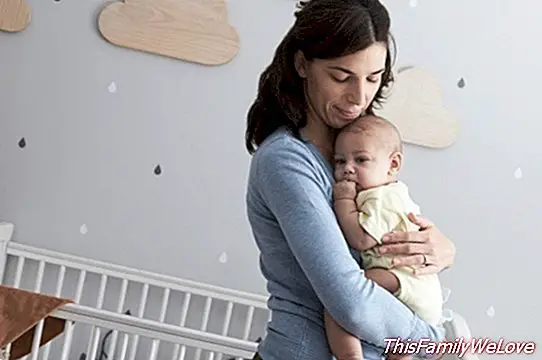Spain, the second country in Europe with older first-time mothers

Motherhood in Spain is in a delicate situation. The number of births is decreasing and mothers increasingly postpone the decision to have a child. In fact, this country has the second oldest gilts of the European Union.
This is clear from the data provided by the Eurostat report, which shows the situation of maternity in Spain in 2016. Results that not only show that this country is below the average of births in Europe, but first-timers in this territory are the oldest, only surpassed by Italy.
Mothers from 30
At what age do Spanish mothers have their first child? Eurostat data indicate that the average is 30.8 years. A data only surpassed by Italy where the gilts revolve around the 31 years. This peculiar podium is completed by Luxembourg, 30.5 years. It should also be noted that almost 7% of women in this country are mothers for the first time after 40 years.
This situation complicates the arrival of a second child. This is also demonstrated by the Eurostat numbers. While the average number of births in Europe is 1.6 children, in Spain it is 1.34. A context that does not even guarantee the generational change, that is, 2 children per couple to be able to replace their parents once these die.
On the other side of the table are countries like Romania where the average age of gilts is 26.4 years old, or Latvia, with 26.8 years. As for the countries that exceed the average of births of the European Union, France with 1.92 children, or Sweden, 1.85, and Ireland, 1.81.
More gilts from the age of 35
The data offered by the Spanish Fertility Society, SEF, in his last congress he also indicates the increase of first-time mothers from the age of 35. Specifically, 70% of women of these ages have not yet had their first child. A situation that reduces fertility and the possibility of having a second child.
Among the risks that arise for women who are mothers aged 35 and older, the following stand out:
- Increased risk of complications in pregnancy and increase the chances of a cesarean delivery.
- Increased chance of problems in the placenta leading to severe bleeding during delivery that can endanger the mother and baby.
- Increased chances of the baby being born with a lower weight than it should be.
- More likely that the baby is born with genetic disorders.
Damián Montero




